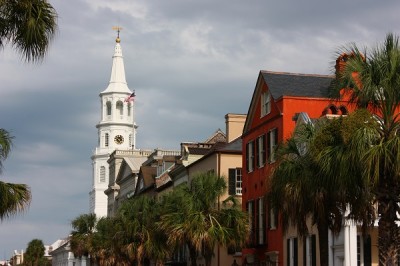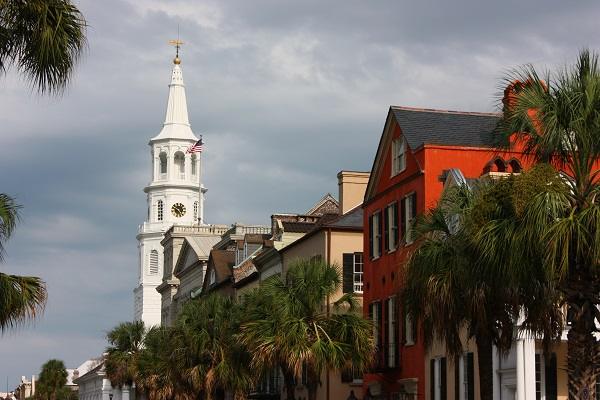
A Charleston rickshaw operator was recently fined that amount because one of its employees pointed historical sights out to an undercover police operator. The rickshaws are considered a type of taxicab.
The Charleston police contend that the rickshaw operator violated a city ordinance that requires historical tour guides to have a license. That means anybody who takes money from a passenger and discusses the city’s sights could be violating the law. That could include bus drivers, cab drivers and shuttle bus drivers.
“As far I’m concerned we are not tour guides,” David Criscitiello, the owner of Charleston Rickshaws, told The Post and Courier newspaper. “But I know where the pretty places are in town.”
Even though he isn’t running a formal guided tour, Criscitiello is facing a fine because of a police sting. The sting involved an undercover police officer who pretended to be a tourist.
Free Speech Takes A Hit
The sting occurred in September after police received complaints that operators of rickshaws or pedicabs were showing tourists some of the city’s sights. It is illegal for rickshaws to conduct tours in Charleston.
An indispensable book which is needed in a time when even “under God” is coming under fire
Police dressed in casual clothes and pretended to be tourists. Officers took six rickshaw rides but only one operator – Charleston Rickshaws — showed an officer such sights as Fort Sumter and historic downtown houses.
The city ordinance that Charleston Rickshaws is accused of violating requires tour guides to take an exam, get a license and comply with a 500 page City of Charleston Tour Guide Training Manual. Charleston has been licensing tour guides since 1952.
Charleston isn’t the only city that strictly regulates what you can say about the city’s history. In New Orleans it is also illegal for anybody but a “licensed tour guide” to discuss the city’s history with tourists.
To be a “tour guide” in New Orleans a person has to pass a history exam, undergo a drug test and even get an FBI background check. That regulation even covers nonprofit groups and people who conduct tours of the city as a hobby.
“Tour guides simply walk around and talk to people about a place, and that speech is squarely protected by the First Amendment,” Matt Miller, an attorney for the Institute for Justice, a civil liberties group, told The New Orleans Times Picayune. The Institute challenged the licensing statute on behalf of a number of amateur tour guides.
Court Rules Against Tour Guides
U.S. District Judge Susie Morgan disagreed and ruled that the tour-guide licensing ordinance did not violate free speech.
“It is unclear the city’s licensing scheme regulates speech at all,” Morgan wrote in her decision last year. “The city code provision imposing the license requirement makes no reference to speech.”
New Orleans city officials like those in Charleston contend that licensing tour guides provides tourists with a quality experience and helps prevent problems such as panhandling and fraud. In the past fraudsters have ripped off tourists by posing as tour guides and panhandlers have tried to cover their activities by claiming to be giving a tour.
“We are willing to take this fight as far as it needs to go,” said New Orleans native Candance Kagan, lead plaintiff in the lawsuit. “We are fighting not just for our First Amendment rights, but for free speech for everyone.”
Sign up for Off The Grid News’ weekly email and stay informed about the issues important to you
